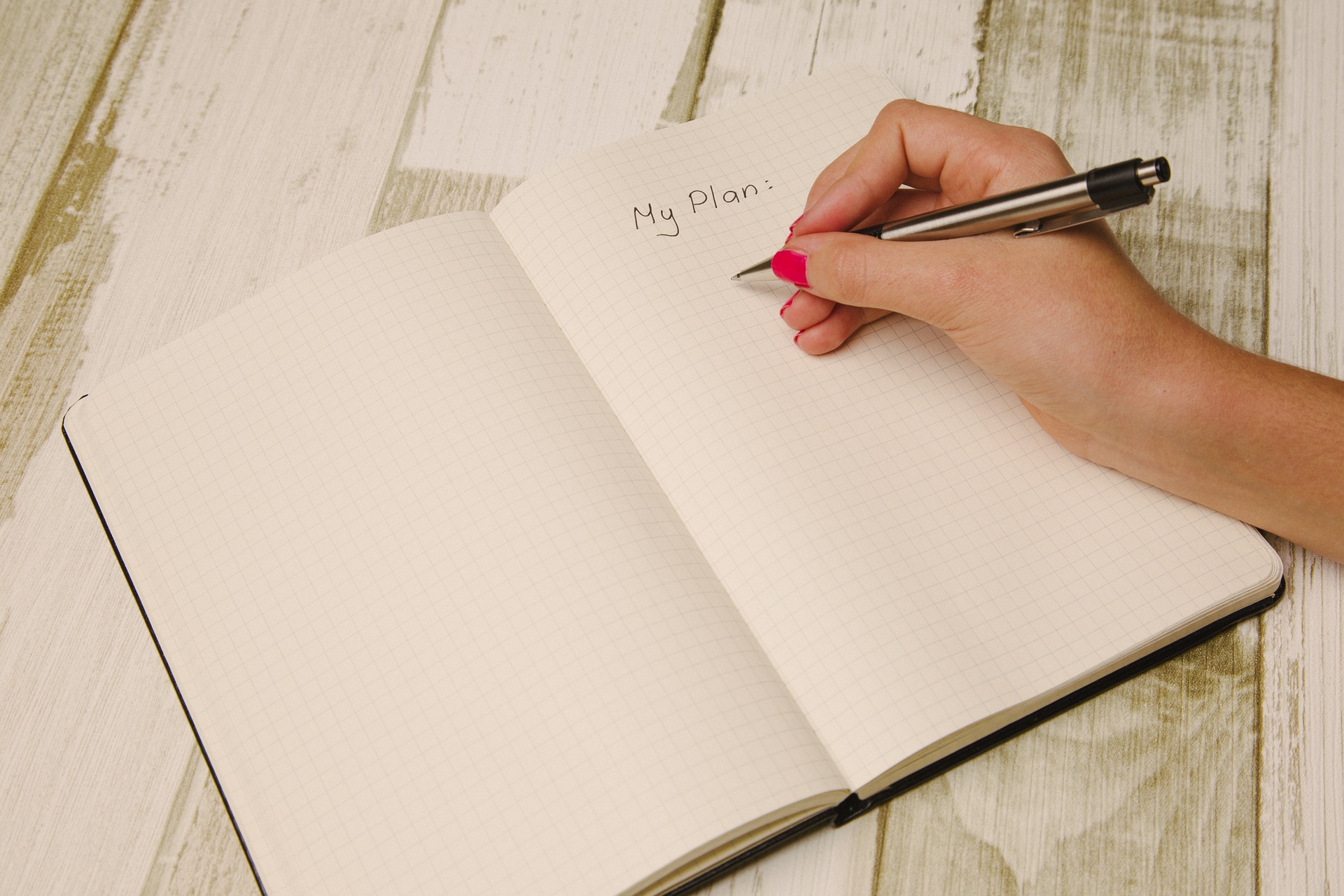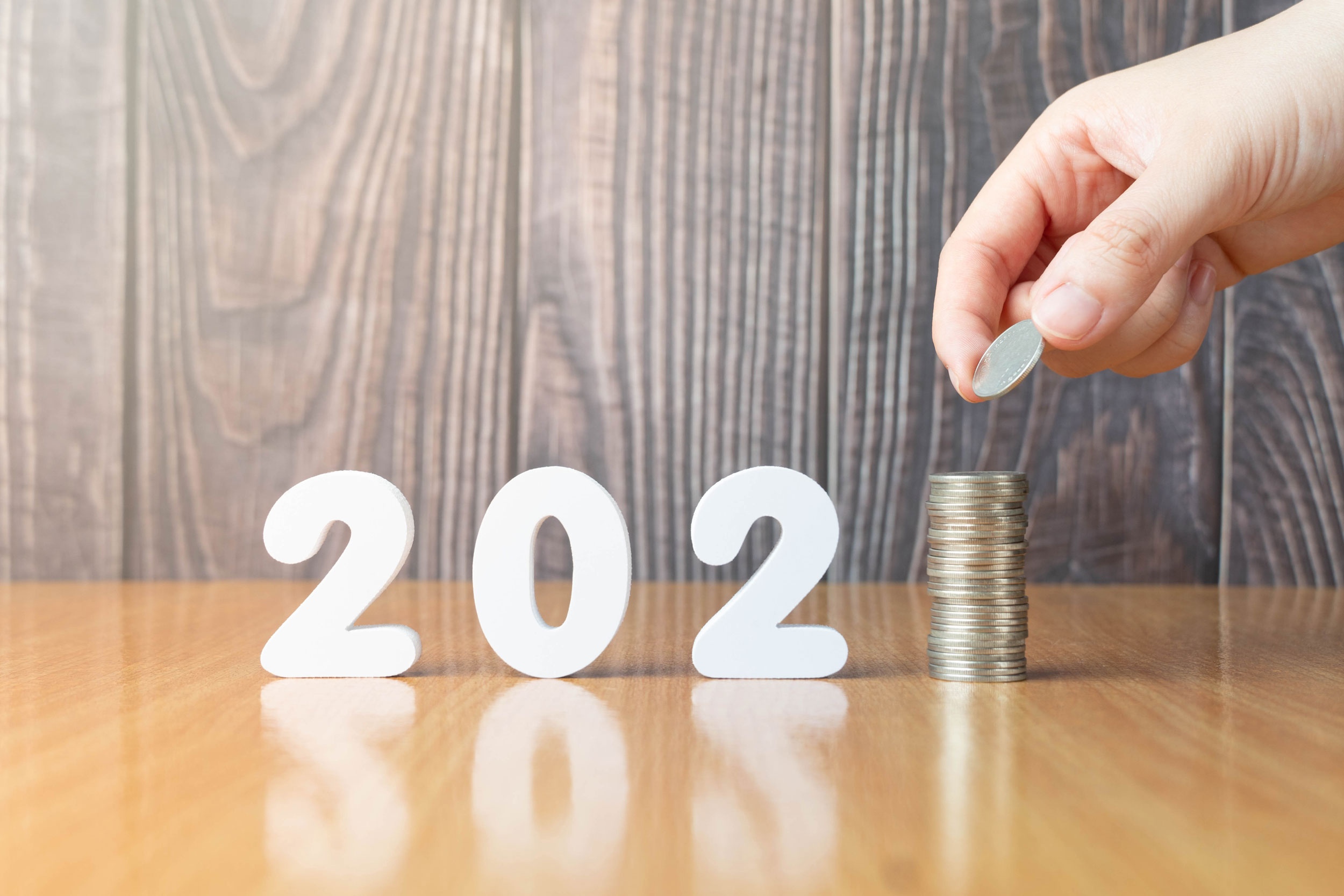The coronavirus pandemic has completely changed our daily lives, and only now, are we steadily beginning to experience a new normal. For many people, we have seen a big shift in behaviour to be more frugal as they have been forced to review their finances, make cutbacks and seriously think about creating a financial safety net in the future.
Coronavirus also closed all the places you normally spend money, such as shops, cafes, gyms and activities, so for those that may have had out-of-control shopping habits, they are now much more aware of how much they were spending.
Our financial planning expert, Andrew Dalton at MI Wealth, has put together his top 10 tips to help you get your finances in check.
- Spend less than what you earn
As a key rule of finance, you should not be spending everything that you earn. Plan for your long-term retirement goals and try to save at least 10% to 25% of your monthly salary to invest in that pursuit
- Pay your debts first
You should begin paying down the outstanding balances with the highest interest rates first. The key is to clear out as much debt as possible as fast as possible so more of your monthly income can be put to use in long-term investments that will pay huge dividends in the future. Investment debt is the last debt to pay off.
- Cash is king, keep surplus funds for emergencies
As a general rule of thumb, an emergency fund should be about three times your monthly expenses if you’re single and six times your monthly expenses if you are married or have children. This is the parachute you may or may not need and will prevent you from taking on more debt and interrupting your established retirement savings plan when things go awry.
- Set budgets, targets and financial goals
It is very important to make sure you know where you are spending your money. It allows you to plan systematically, to meet your goals.
Making a list of your expenses and dividing them into fixed & variable expenses can help you understand your spending. Variable expenses is the part which can be altered to reduce your overall expenses.
- Insure yourself
It is very important to guard your health. If paying premiums on health insurance is difficult imagine how difficult it would be if you get sick. Imagine all the hospital bills and medicines can cost you thousands of dollars. It’s important that you have enough insurance to protect your dependents and your income in the case of death or disability.
- Invest your money
If you have extra money, then there are various tools where you can invest your money and get good returns. After putting some money in the savings account, you can start making investments somewhere else – All of your money sitting in the savings account isn’t the best strategy.
There are various mediums where you can invest your money like shares, real estate, fixed deposits, etc. Where to invest the money depends on how much risk you are ready to take and how much impact this money will have on your lifestyle.
- Tax Planning
Tax planning means organising your affairs in the most tax effective way within the intent of the law. Usually, if a tax arrangement looks too good to be true it has a good chance of being a scheme. Involving a qualified financial advisor or tax planner greatly minimises the risk of such penalties
- Take the maximum advantage of your superannuation funds
Most Australians need to establish a superannuation account as soon as they start working to be able to receive contribution from their employers. If you efficiently manage this account and add money to your super account in addition to the 9.5% of your income contributed by your employer, it can be a very effective tool for retirement planning. You can enjoy the tax-free money once you retire.
It is incredibly wise to get started on super investment while you are young, so your money has a longer range of time to compound and grow.
- Estate Planning
If you have dependents, no matter how much you own you should consider writing a will. In case of complicated situations, like having children from a previous marriage etc., a will is must. Or if you lose your capacity to work, you have accidents, serious illnesses, you can’t act for yourself that’s when things like powers of attorney become really important
- Maximise Centrelink
You should consider maximising the retirement benefits received from the government to reduce the risk of your own personal assets being eaten up and save them for a longer period of time.
If you would like to get started, or need a review of your current financial plan, please get in touch. You can contact Andrew by calling 0407 209 759.





Leave A Comment